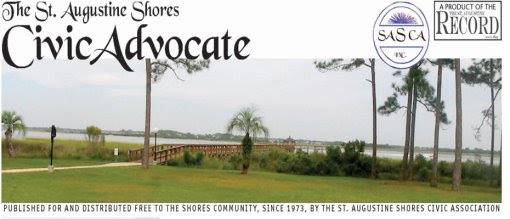Although buying a condominium unit offers advantages over buying a single family home, there are restrictions and responsibilities that accompany condominium ownership.
Restrictions
Restrictions on the use of both the individual unit and the common elements help to preserve the best interests of all unit owners. Many condominiums provide for limitations on the use, occupancy, and transfer of a condominium unit. For example, there may be restrictions on types of window coverings, pets, leasing and the number of unit occupants. Just as the use of the unit may be restricted, so may the use of the common elements. While all unit owners have the right to use the common elements, they must use them in the manner provided in the condominium documents and in the rules and regulations adopted by the board of directors of the association.
Typical restrictions on the use of the common elements include limitations on parking and types of vehicles allowed on the premises, limitations on modifications to the condominium exterior and restrictions on the use of recreational and other common facilities.
Since each condominium association has its own set of documents, the only way to determine the specific restrictions pertaining to a particular condominium is to review those documents. In addition to the use restrictions provided in the declaration of condominium, bylaws and articles of incorporation, the Condominium Act gives the board of directors the authority to adopt reasonable rules and regulations concerning the use of the common elements, common areas and the recreational facilities. Restrictions are subject to change when the board of directors or unit owners properly amend the documents to provide for such a change.
Financial Responsibilities of Unit Owners
The cost of operating and maintaining the condominium is funded through collection of assessments by the association. Unit owners pay assessments for their shares of the common expenses according to the proportions or percentages set forth in the declaration of condominium. In a residential condominium, a unit owner’s share of common expenses must be in the same proportions as their ownership interest in the common elements and the common surplus or deficit. Also, for residential condominiums created after April 1, 1992, the ownership share of the common elements assigned to each unit is required to be based either on square footage or on an equal fractional basis.
Unit owners are expected to pay assessments; therefore, assessments cannot be avoided by a unit owner choosing not to utilize various common facilities. Assessments to unit owners vary depending upon the amenities and level of services being offered in a particular condominium. If you are purchasing a unit from a developer, you are entitled to receive an estimated operating
budget showing the expected costs of operating the condominium prior to closing on your unit.
Note that the budget is based on estimated expenses and may differ significantly from the actual cost of association operations. Developers often provide a guarantee of assessments for one or more fiscal periods. Such guarantees typically hold assessments to a lower amount than might occur without the developer’s guaranteed subsidy. Purchasers can expect an increase in the budget after the guarantee period expires.
Unit owners may also expect to face special assessments. These assessments are in addition to the regular assessments that each unit owner pays. Special assessments are typically levied when the association determines that there is either not enough money in the budget for a particular expenditure, or the expenditure was not anticipated and therefore was not included in the annual budget. Condominium documents often contain restrictions on the board’s ability to levy special assessments.
Some of the expenses which may be found in a condominium budget include: administration, management fees, maintenance, insurance, taxes, garbage collection, pest control, utilities for common areas, cable television and reserves for capital expenditures and deferred maintenance. There are requirements in both the Condominium Act and Florida's administrative rules regarding how these expenses should be disclosed.
In addition, the unit owner should expect to be individually responsible for such items as: real estate taxes, cost of private telephone service and equipment, insurance covering the contents and interior of the unit, maintenance of the interior of the condominium unit, privately contracted janitorial or maid services, and utility costs billed directly to the unit owner. Further information along these lines may be found in your condominium documents.
PART 1 INTRODUCTION
PART 2 GLOSSARY OF CONDOMINIUM TERMS
PART 3 CONDOMINIUM OWNERSHIP & OPERATION
PART 4 RESTRICTIONS & RESPONSIBILITIES
PART 5 PROTECTIONS FOR UNIT OWNERS
PART 6 THE FLORIDA DBPR ROLE
Enjoy this educational series and feel free to send your questions and comments to:
The Condo Communicator
"POLL QUESTION"
Should the Shores' Community Pool be open to all homeowners?
CLICK THIS LINK TO REGISTER AND VOTE
CLICK THIS LINK TO REGISTER AND VOTE
kkkkkkkkkkkkkkkkk
LATEST NEWS & NOTES
FLORIDA CONDO LIVING PART 4 - RESTRICTIONS & RESPONSIBILITIES
2:24 PM, Posted by Editorial Staff, No Comment
St. Augustine Shores Homeowner Association
St. Augustine Shores, Shores Service Corporation
St. Augustine Shores Condominium
Conquistador Condominium, Greens Condominium
Greens II Condominium, Fairview Condominium
Casa Bella Condominium, St. Augustine Shores News
CLICK BELOW FOR YOUR SHORES COMMUNITY NEWS


